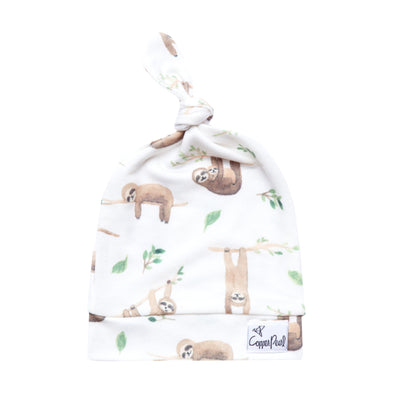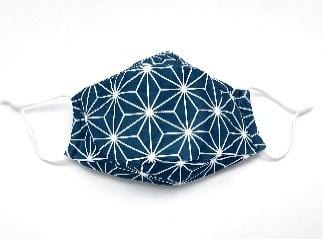Detergent build-up on diapers: Fact or Fiction?


History of Cloth Diapers and Detergent Build-up (Back to 2010)
What a long, strange, war it’s been over the last several years regarding detergent build-up. When I started cloth diapering 10 years ago, we were told to use only soap (like Allen’s or Charlie’s) and to only use a few tablespoons of it. My kid’s diapers stunk…all the time. Then, to make it worse, I was bleaching all the time, and the soap lacked surfactants to get the bleach out of the diapers, so she got bleach burns once. After that, every time I had to bleach (which was often due to not enough detergent), I had to rinse the diapers about 12 times to get the bleach out. It was a nightmare, and in hindsight, it’s actually kind of amazing I kept cloth diapering after that.
Thankfully, I found a website by the time I got to my second child (I was not looking forward to cloth diapering at that time, to be honest), I found a group on social media that was dedicated to slaying the “use only 2 tbsp of soap” myth. I was so grateful and excited to cloth diaper again!! The reasoning went like this: cloth diapers are your absolutely dirtiest laundry. You should not use soap because it doesn’t wash the dirty stuff away, it just swishes it around in the diapers and leaves it deposited. Use the right amount of detergent for the load size of diapers, and don’t worry about bubbles or build-up. This went against a lot of manufacturers’ recommendations at the time, because they still subscribed to the use-two-tbsp of detergent theory. Ever since I started using the correct amount of detergent for my load size, even though I have hard water, there was no stink, no bleach burns, no problems. I still had to strip every once in a while due to hard water, but cloth diapering for me got a lot easier.

Since the golden age of laundry sensibility, there seems to have been a shift back toward the laundry pseudo-science among the cloth diaper community. I have had several customers call worried about the “swish test”, which was a thing ten years ago and has now been brought back in various online communities. There is some of this old advice being recirculated. I thought that it was possible that I was operating on old information, and that something new had come out, even though I didn’t have any problems following the older advice about cloth diaper laundry. I decided to Google search “laundry detergent build-up” and skipping over all the cloth diaper blogs to find the real story. I found this article: How to Tell if You’re Using too Much Laundry Detergent, which is an interview with a scientist from Clorox. The gist of it is this. Don’t use more detergent than listed on the bottle or in your washing machine detergent guide. Don’t blindly dump detergent into your loads. This can cause stains or stink. To get fully clean, laundry needs appropriate amounts of thermal energy (heat in the water), mechanical energy (agitation), and chemical energy (detergent). Dr. Gagliardi says, “You optimize temperature by choosing the hottest water you can because the hotter the water, the better the cleaning. You optimize mechanical energy by increasing the agitation (heavy duty versus delicate cycles), by increasing the agitation time, and by adding an extra rinse. You optimize chemical energy by making sure you use the right amount of a good detergent, and add the appropriate laundry additive for the load being washed.”
How this applies to cloth diapers
Cloth diapers are just clothing. They do have more layers, but you don’t need to worry about detergent staying inside of them. Use the right amount of detergent, water temperature, and agitation for the load. We will do a blog post later on stripping, but generally, diapers need to be stripped due to stink because of mineral build up, which holds bacteria, not detergent build up. Cloth diapering does not need to be complicated, don’t worry about the swish test, use the right amount of detergent for the load size, use HE detergent in your HE washing machine, and happy fluffing!
For more information about cloth diapering, go watch our Cloth Diapering Basics video series




Leave a comment